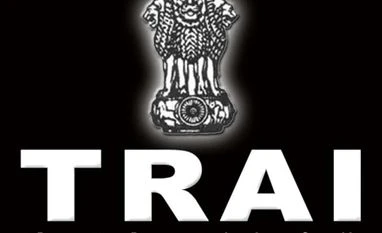Telecom Regulatory Authority of India (Trai) will soon initiate a consultation process for formulating a framework to govern machine-to-machine (M2M) communication and Internet of Things (IoT) technologies that are at the heart of concepts such as smart homes and smart cars.
"Trai is planning to issue a consultation paper to create a framework for the M2M and IoT," sources told PTI.
The consultation paper dealing with the subject is likely to be issued this month, they added.
IoT, fuelled by M2M communication, essentially refers to microprocessor and sensor fitted gadgets or 'things' within a network talking to each other, swapping real-time data and information to perform specific actions, with computer-connected individuals engaged in remote monitoring.
M2M communication can include a gas, electricity or water meter communicating information it records such as consumption level, or a vending machine alerting the distributor when stocks run low, or even transmission of data about personal appliances.
Accordingly, the technology can be applied to smart buildings, healthcare, manufacturing, retail, connected automobiles and utilities among others areas.
More From This Section
"The issues that would be looked at include the numbering scheme of devices... Are there any regulatory hurdles that exist... What should be the framework governing M2M communication," sources added.
Smart homes concept can include sensor-equipped home appliances, security and surveillance, air conditioning and heating, as well as entertainment devices — all hooked to a network and relaying information to house owners or services companies.
"Today the concept of connected homes is gaining ground but there is no framework for M2M or IoT," the source added.
Research firm Gartner estimates that 6.4 billion connected 'things' will be in use globally in 2016, up 30 per cent from 2015, and this number is set to touch 20.8 billion by 2020. In 2016, 5.5 million new 'things' will get connected every day, according to Gartner.
Gartner estimates that IoT will support total services spending of $235 billion in 2016, up 22 per cent from 2015.
)